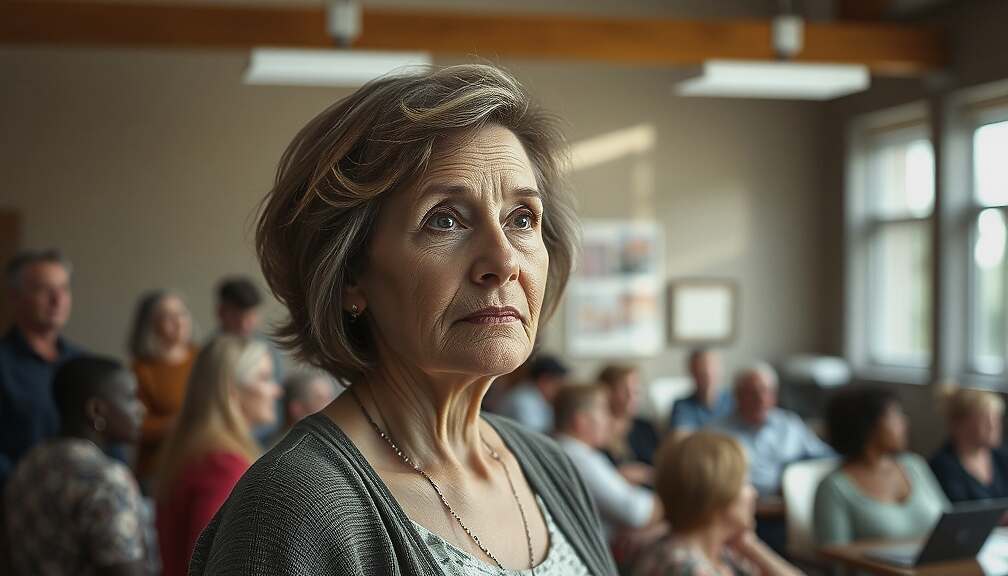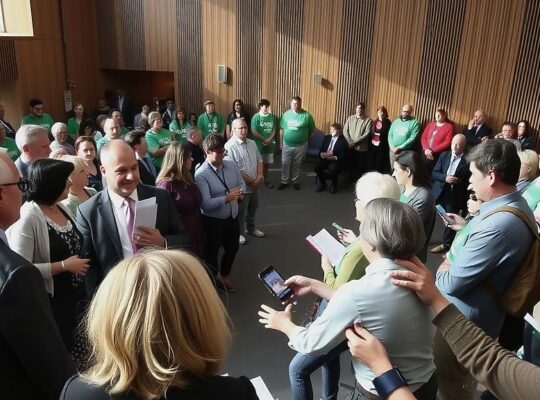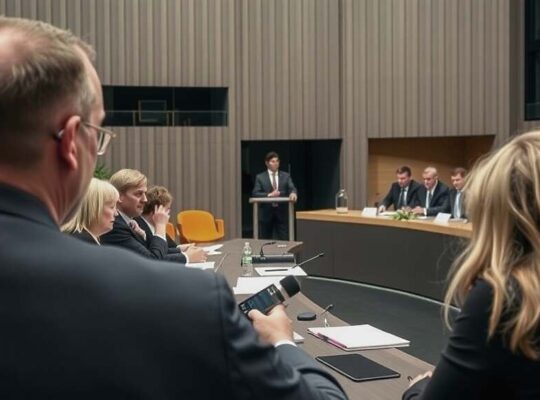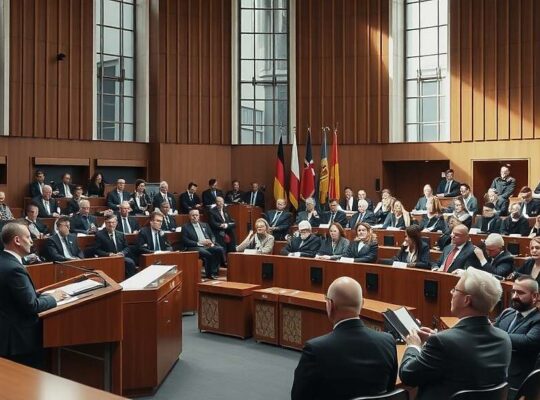The head of Caritas, Eva Welskop-Deffaa, believes the impending reforms to Germany’s social systems present a crucial opportunity to rebuild public trust in democratic institutions.
Speaking to the Funke-Mediengruppe newspapers, Welskop-Deffaa emphasized that the future of democracy hinges on citizens’ confidence in the core elements of the welfare state, particularly social security programs. She stated that maintaining this trust is paramount.
Looking at specific areas of proposed change within pension, health and long-term care insurance, Welskop-Deffaa advocated for streamlining administrative processes, especially within the health insurance sector. She also stressed the importance of sustainably promoting innovative, regionally-based care solutions for those requiring long-term support. A further adjustment would include incorporating higher incomes through an increase in contribution base limits.
Acknowledging the impact of demographic shifts, Welskop-Deffaa highlighted the necessity of ensuring a fair distribution of the financial burden between younger and older generations. She noted the ongoing debate surrounding the balance between contributions and taxation as a key consideration. The German Caritasverband strongly supports strengthening the statutory social insurance system based on contributions. While acknowledging the important role of tax subsidies, Welskop-Deffaa asserted that these should remain supplementary and targeted where systemically and factually necessary.
Addressing the concerning financial situation of health insurance funds, Welskop-Deffaa pointed out that the situation is exacerbated by the lack of corresponding support from the federal budget for individuals receiving social welfare benefits. She also highlighted the strain on long-term care insurance funds, which remains severe due to the delayed reimbursement of substantial COVID-19 relief costs from the federal government.












